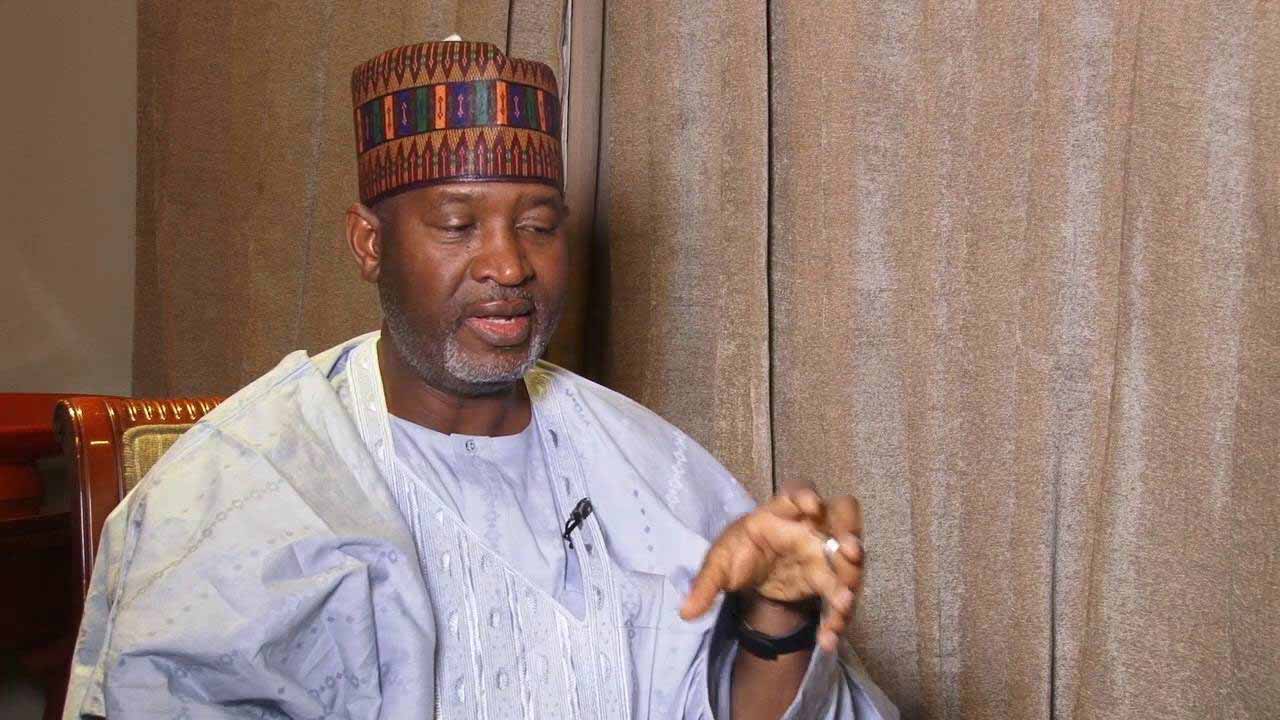- Nigerians Knock, Hail FG Over Completed Airport Terminal
Some Nigerians on Monday criticised the Federal Government for announcing that it had completed an “abandoned terminal” at the Nnamdi Azikiwe International Airport, Abuja, as they argued that the terminal in question was not abandoned, but was an ongoing project.
A number of other people, who commented on the issue, however commended the government for completing the project.
The Minister of State for Aviation, Hadi Sirika, tweeted that Terminal D at the NAIA, which, according to him, was abandoned many years ago, had been completed by the Federal Government.
Explaining some of the pictures through his Twitter handle, @hadisirika, the minister said, “This is not the new Abuja terminal. It is the abandoned terminal D, completed. The new terminal will, by the grace of God, be completed year end. Bear with us.”
After Sirika’s tweet, one of his followers, Tunji Iromini, told him that most completed projects in Nigeria wither away after a few years as a result of poor maintenance culture and asked what steps the government would adopt to avoid this pitfall at the just completed Terminal D.
The minister replied that the airport terminal would not be allowed to rot away, as it would be given out through concession.
Another Twitter user, with the name Pasra, accused the government of being in a haste to announce ongoing projects, instead of announcing its achievements in infrastructure development after the completion of certain projects.
“Why notify us when you are not done? Enough of all these ‘will’ and ‘if’. Get the job (done) and allow your work to speak for you. Busy people tell others about their work; productive people let their work speak for them. So get back to work, after all, that’s why you are paid,” she tweeted.
But Sirika countered the tweet, as he stated that the project in question had been completed by the Federal Government and was not the same as the expansive terminal being handled by a Chinese firm at the Abuja airport.
“This is a completed project ma, different from the other ‘Chinese’ contract. This was abandoned for years, please,” he said.
Still not satisfied with the minister’s explanation, another follower, Efosa Imasuen, asked Sirika to “show us any corresponding document where you re-awarded the abandoned contract.”
He added, “I doubt if the Chinese company handling the job would agree with this lie that the Abuja airport expansion project was at anytime abandoned by the CCECC (China Civil Engineering Construction Corporation).”
Responding, Sirika stated that Imasuen was mixing things up, as the terminal being constructed by the Chinese firm was still ongoing, adding that the Twitter user could apply to the Federal Ministry of Transportation for the documents.
The minister tweeted, “Sir, you are mixing the two. The ‘Chinese terminal’ is ongoing and will be ready before the year end. This is Terminal D. You can apply to the ministry and every document will be made available to you, in compliance with the Freedom of Information Act. I await your application, please,” the minister said.
Imasuen, however, insisted that the completed terminal was not abandoned, stating, “I trust you (Sirika) would know better in terms of the terminal you are completing. My concern here is you’re labelling an ongoing project as abandoned project. I am impressed this administration is continuing projects, but it can be done without dividing us further. Well done.”

 Billionaire Watch3 weeks ago
Billionaire Watch3 weeks ago
 Startups4 weeks ago
Startups4 weeks ago
 News4 weeks ago
News4 weeks ago
 News4 weeks ago
News4 weeks ago
 Bitcoin4 weeks ago
Bitcoin4 weeks ago
 Naira4 weeks ago
Naira4 weeks ago
 Forex3 weeks ago
Forex3 weeks ago
 Treasury Bills4 weeks ago
Treasury Bills4 weeks ago

























